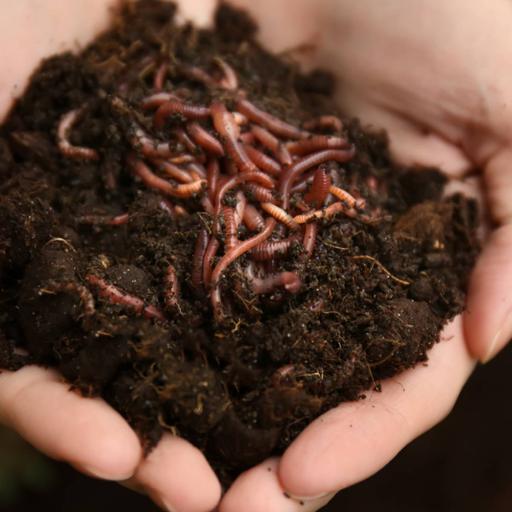The Worms
Presentations | English
Worms are many different distantly related animals that typically have a long cylindrical tube-like body, no limbs, and no eyes. Worms vary in size from microscopic to over 1 metre in length for marine polychaete worms. Various types of worm occupy a small variety of parasitic niches, living inside the bodies of other animals. Free-living worm species do not live on land, but instead, live in marine or freshwater environments, or underground by burrowing. In biology, "worm" refers to an obsolete taxon, vermes, used by Carolus Linnaeus and Lamarck for all non-arthropod invertebrate animals. Invertebrate animals commonly called "worms" include annelids, nematodes, platyhelminthes , marine nemertean worms, priapulid worms. worms may also be called helminths, particularly in medical terminology when referring to parasitic worms, especially the Nematoda and Cestoda which reside in the intestines of their host. When an animal or human is said to "have worms", it means that it is infested with parasitic worms, typically roundworms or tapeworms. Lungworm is also a common parasitic worm found in various animal species such as fish and cats.

Free
PPTX (53 Slides)
The Worms
Presentations | English
